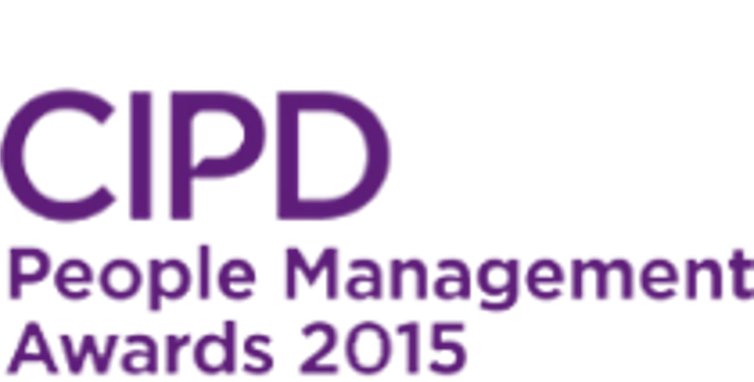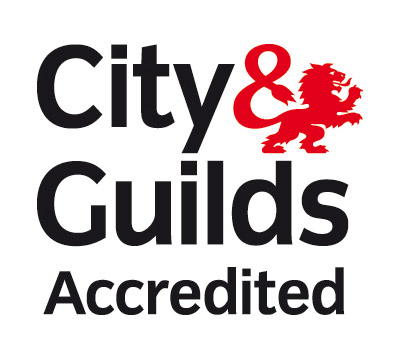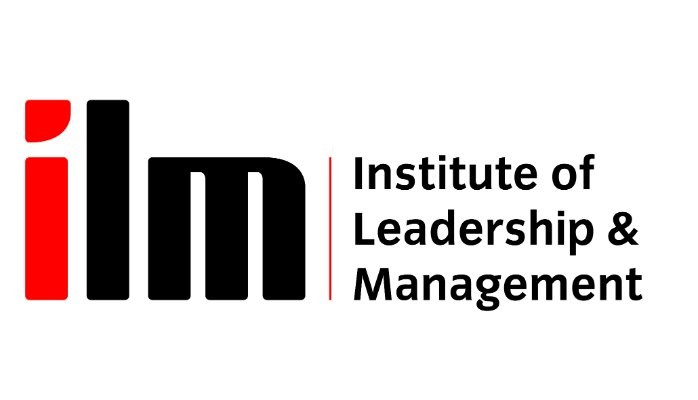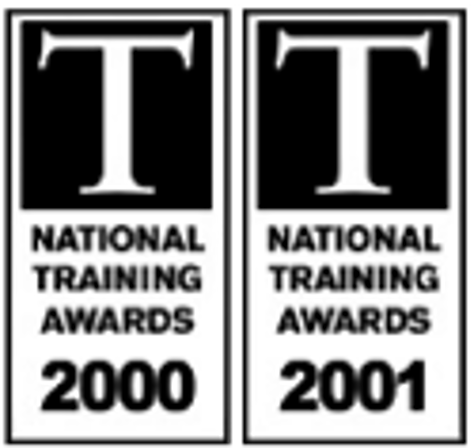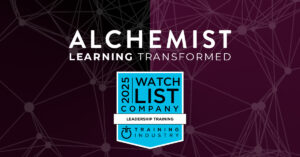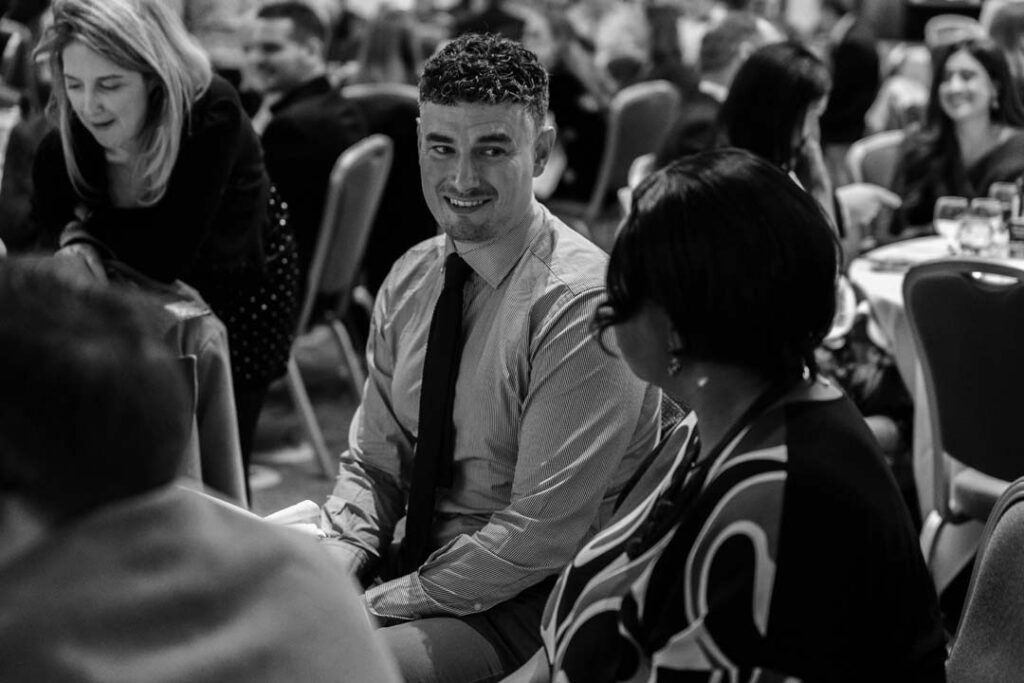We don’t believe in doing things the way they have always been done. Together, we can shake things up and energise your people with engaging learning and development experiences.
Unlock the potential of your people with innovative ways to deliver meaningful learning by always asking “what if..?”
We could immerse our people in life-like simulations that allow them to comfortably navigate their biggest challenges?
By finding the other way, your people can experience a bespoke learning programme that feels personal, relatable and engaging, with invigorating methods to develop their skills.
Leadership & Management
Sales
Learning Technology
Professional Development
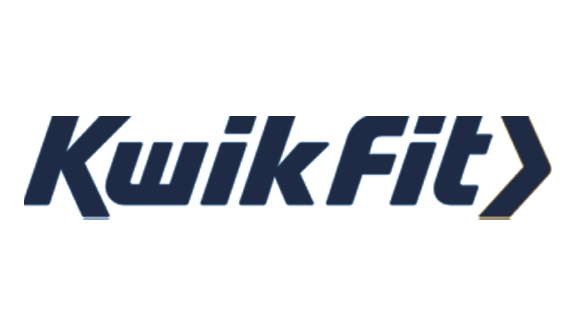
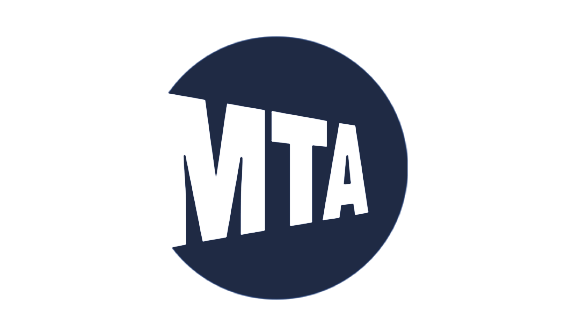
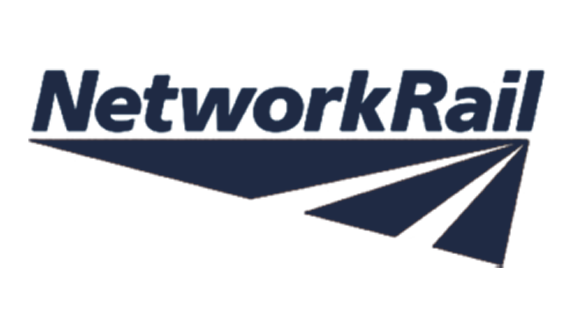


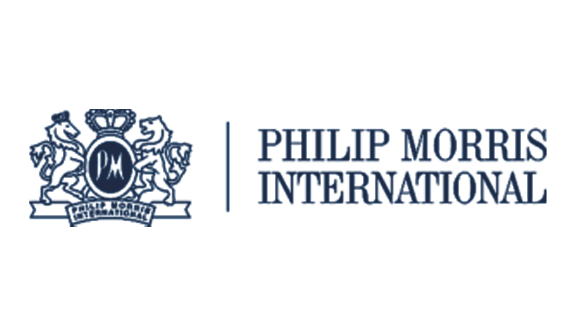


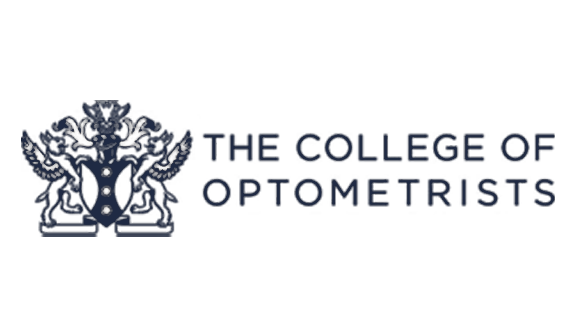
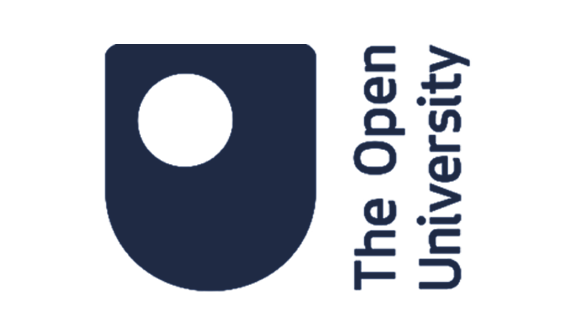


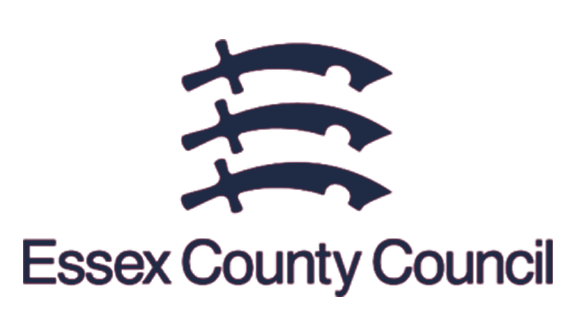

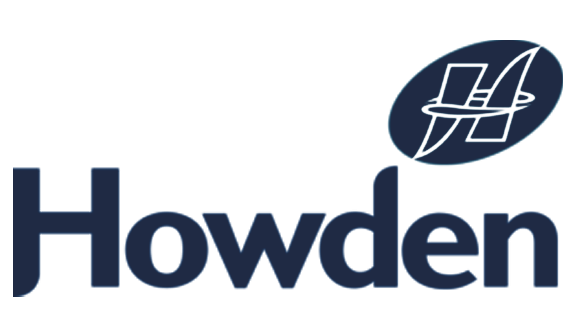
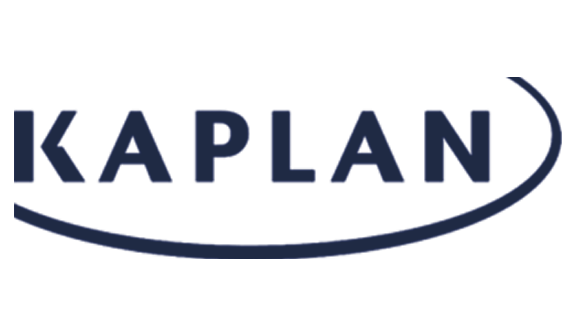




















Who We Are
Alchemist is a vibrant learning and development business with a global reach. We champion transformative change through interactive, experiential and immersive techniques, backed by diagnostics that uncover your specific needs. Our approach increases your team engagement, leading to improved long-term outcomes for you.
Alchemist Articles
Read fascinating insights and learn more about developments in the industry that impact our work.
Success Stories
Don’t just take our word for our success, hear from past and present clients why we are the preferred learning & development partner for so many brands.
Awards & Credentials
We’re proud to deliver award-winning development programmes to our clients. You can read more about the recognition of our work here.
